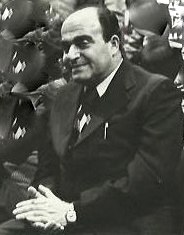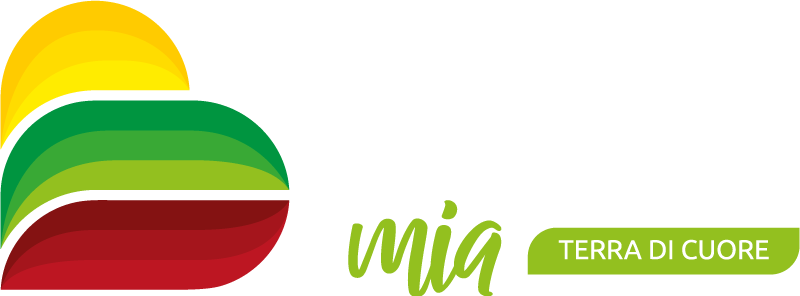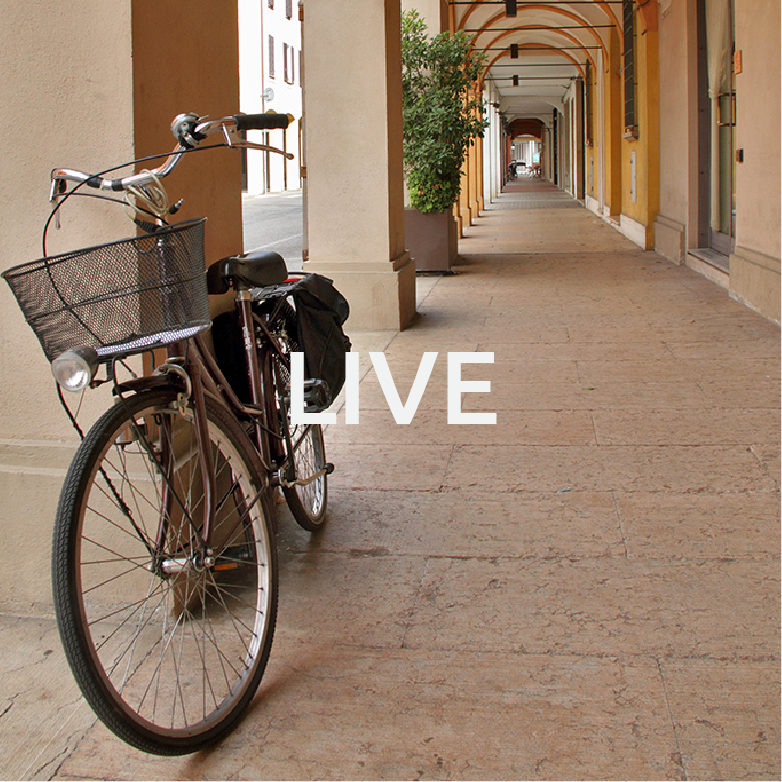He was born in Prati di Bagnacavallo in 1924, within a family of manual workers, and died in 1984. 
After having attended the Technical School, he started working as a farm worker.
When he was very young, he joined the antifascist movement, and in 1943, he registered in the Communist Party, which was illegal. He was then called to serve as a conscript, and on 8 September, 1943, he was sent to the barracks of Genio in Florence, from where he escaped, thus eluding the capture by the German.
Immediately afterwards, he joined the Partisan 8th Garibaldi Brigade, which fought in the Forli Apennines around S. Sofia, until the spring of 1944.
Later on, he went down to Bagnacavallo, where he operated with the local partisans until the autumn, when he became part of the 28th Garibaldi Brigade, which fought in the valleys around Ravenna. He then became political commissioner of the “Sauro Babini” Detachment. With the 28th Brigade, he participated in the liberation of Ravenna at the beginning of December of 1944.
He went back to the Bagnacavallo area with the Canadian troops, collaborating with them for the liberation of the city with several actions, including the one conducted together with Bruno Cristofori, thanks to which he was awarded the Silver Medal for Military Valour in June of 1984. After having liberated Bagnacavallo, he continued with the 28th Brigade towards the north in Veneto, where the partisan formations were demobilised at the end of the war.
He went back to Bagnacavallo, where he became part of the Provincial Liberation Committee and, for a short period, of the partisan police.
He directed the Chamber of Work and the League of Farm Workers. He was municipal secretary of the Communist Party. He was elected City Councillor for the first time in 1951, and he was debarred from the post in 1956 after a sentence reported during the union protests in which he was an animator. He was re-elected in the City Council in 1961, and remained in his post until he died. He was chairman between 1961 and 1969. He was elected mayor; his term in office ended in 1978.
He resigned as mayor, but still remained in the City Council, and became part of the Social-Health Consortium Management Committee and then of the Local Health Unit, where he remained until a few months before he died, when he had to resign due to his serious health condition.
(Extracted from Le Voci della Memoria – Comune di Bagnacavallo 1995).




